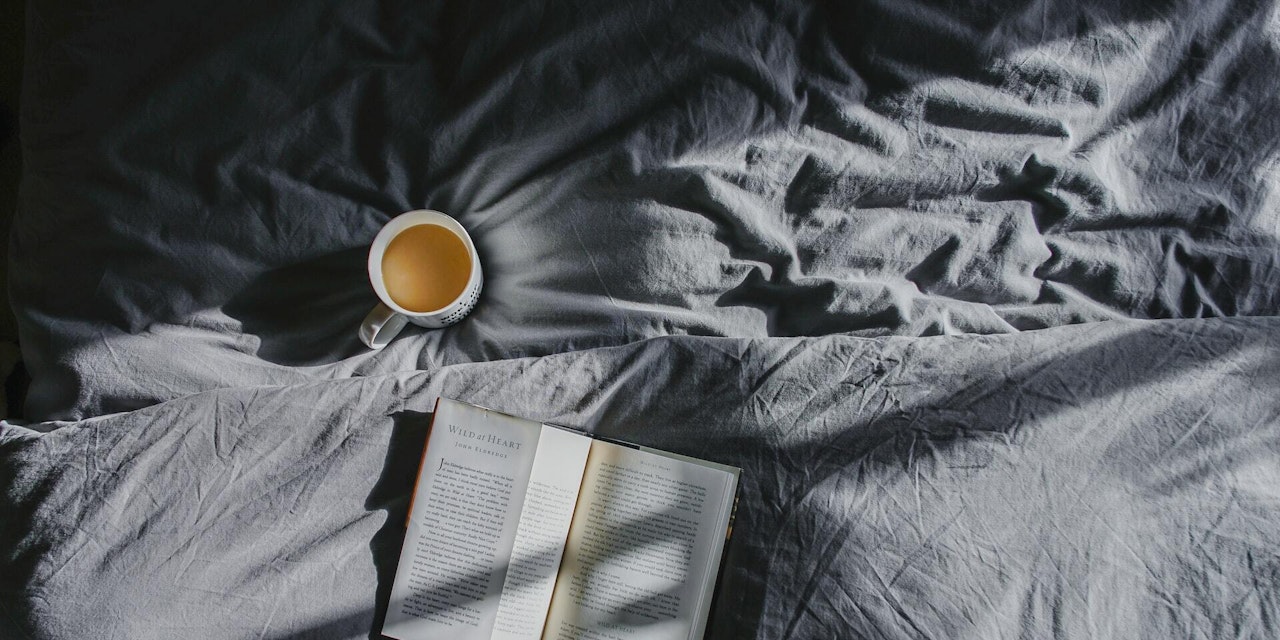The Best and Worst Foods for Sleep
We’ve all been there – tossing and turning after a heavy meal or a long night out. Learn about these foods which make falling asleep tough.
- Published: 9/19/2022
- 3 min. read

- Published: 9/19/2022
- 3 min. read
We’ve all been there – tossing and turning after a heavy meal or a long night out. Missing out on sleep wreaks havoc on our health. Common culprits like caffeine and alcohol could be to blame, but you may be surprised to learn about these foods which make falling asleep tough.
Sleep stats
We all know that missing out on precious rest can set the stage for a grumpy and sometimes stressful next day, but our health also suffers. According to the Centers of Disease Control (CDC), adults need seven or more hours of sleep per night yet only 1 in 3 get it. (1)
Lack of sleep increases the risk of heart and kidney disease, diabetes, obesity, and even depression. (2) In addition to modern life business, stress, and TV series binges, food can also impact our sleep quality. So let’s support our health by discovering some of the best and worst foods for sleep.
Surprising foods that interfere with sleep
Whether you’re enjoying a late-night meal out or having snacks before bed, it's important to know which foods may interfere with your sleep.
Fried or fatty foods
Since digestion plays a factor in how well you sleep, it’s best to limit heavy and fried foods at least a couple of hours before bed. Fat is the macronutrient that takes the longest to digest so when you have foods such as fried chicken, fast food, cream sauces, take-out, or ice cream late at night, you may be left with unpleasant symptoms like heartburn.
Chocolate and sweets
Desserts like cake, pie or cookies are common pre-bedtime snacks but sweets provide quick energy, sending your blood sugar and energy spiking. What comes up, must come down and when your blood sugar crashes late at night, the stress hormone cortisol also escalates. This can lead to tossing and turning. Plus chocolate also contains caffeine which can make it hard to fall asleep.
Spicy foods
Spicy foods such as hot sauce or peppers and some Thai or Indian cuisine are contenders when it comes to sleep disturbances. They can be tough to digest and cause heartburn making it hard to relax and keep you on fire during the wee hours of the night.
Foods and nutrients that support sleep
If you are eating close to bedtime, it's important to focus on more easily digested foods. It also helps to throw in some sleep-encouraging nutrients.
Magnesium
Magnesium is a mineral that has been suggested to help increase relaxation and improve sleep (3). Enjoy some magnesium-rich foods such as whole grains, leafy green vegetables, or nuts.
Tryptophan
Tryptophan comes from protein foods and can create serotonin, the happy and sleepy brain chemical. If you're familiar with the post-Thanksgiving dinner drowsiness, tryptophan could be to blame. Tryptophan is found in turkey, which is common for Thanksgiving, as well as milk, tuna, chicken, nuts and oats. (4)
Melatonin
Melatonin is the hormone that’s associated with falling asleep. Your brain produces it in response to darkness. (5) It’s also naturally found in some foods such as tart cherries, pistachios, milk, grapes, oats and eggs.
Timing
In addition to the types of foods you eat, the time you eat them can definitely impact your sleep. Learn more sleep tips, foods that are good before bed, and how long to wait between eating and sleeping: Is Your Diet Affecting Your Sleep?
All of the content and media on Lifesum is created and published for information purposes only. It is not intended to be used as a substitute for medical advice or treatment. Users should always consult with a doctor or other health care professional for medical advice.
5 references (hide)
All of the content and media on Lifesum is created and published for information purposes only. It is not intended to be used as a substitute for medical advice or treatment. Users should always consult with a doctor or other health care professional for medical advice. If you have or think you are at risk of developing an eating disorder, do not use the Lifesum app and seek immediate medical help.